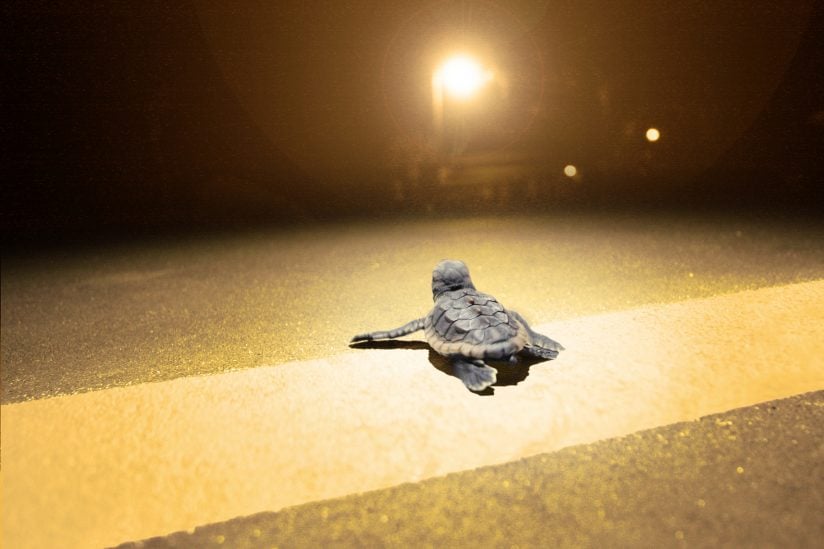A Childhood Discovery
The silent crisis of light pollution and over-lighting has literally illuminated my interest in environmental science. I was introduced to the topic of light pollution when I was around four years old. My family and I often walked around our neighborhood and called it a "night walk". I remember looking up at the sky and counting the number of stars I saw. Unfortunately, that number was only a few dozen. Due to my age and little experience, I didn't think much about it.
That all changed when I visited Joshua Tree National Park. I looked into the night sky and saw thousands of bright, glowing stars. Only then did I find out what I had been missing out on my whole life.
Understanding Light Pollution
The drastic change between locations occurs because of light pollution. Light pollution is a serious issue that is not being addressed enough. From our position on Earth, many people living in urban environments cannot see our beautiful night sky to its true potential. However, the effects of light pollution go much further than this.
Health Impacts on Humans
In fact, Artificial light at night (ALAN) can even increase the risks of certain cancers. According to NASA's story on brightly lit neighborhoods, it was found that residents of such neighborhoods have a 10-14 percent higher chance of developing breast cancer. In addition to this, studies show that men who sleep in "quite illuminated" bedrooms had a 2.79 times higher risk of prostate cancer compared to those who slept in complete darkness.
Unfortunately, the effects of light pollution don't stop there.
Environmental Consequences
Sea Turtle Hatchling Disorientation
In many coastal areas and beaches, due to over-lighting, turtle hatchlings, which have evolved to travel towards the moon to get to the ocean, are often disoriented by mistaking ALAN for the moon. This causes the hatchlings to travel inland to their deaths.
Bird Migration Disruption
Similarly, ALAN, specifically in buildings, can severely disorient birds by overwhelming the birds' celestial navigation system and creating "light domes". Over 1,000,000,000 birds die annually from building collisions in just the United States. The human desire for artificial lighting results in billions of annual animal deaths.
"The human desire for artificial lighting results in billions of annual animal deaths every year."
What Can We Do?
Fortunately, everyone can help against the problem from their own homes. The simple act of keeping lights off at night and turning them off when leaving a room can make a huge difference for the well-being of our planet's environment.
Personal Action Steps
As someone passionate about environmental science, this research has motivated me to take concrete actions:
- Advocating for dark sky initiatives in my community
- Practicing responsible lighting habits at home
- Sharing awareness about light pollution's impact on wildlife
- Supporting legislation for better outdoor lighting standards
Looking Forward
Light pollution represents a unique environmental challenge because it's one of the most reversible forms of pollution. Unlike chemical contamination or habitat destruction, the effects of light pollution can be immediately reduced by simply turning off unnecessary lights.
As I continue my environmental science studies, I'm committed to researching and promoting solutions that protect both human health and wildlife from the harmful effects of artificial light at night.
From counting a few dozen stars in my neighborhood to witnessing thousands in Joshua Tree, my journey with light pollution awareness has shown me that sometimes the most impactful environmental actions are the simplest ones we can take at home.
